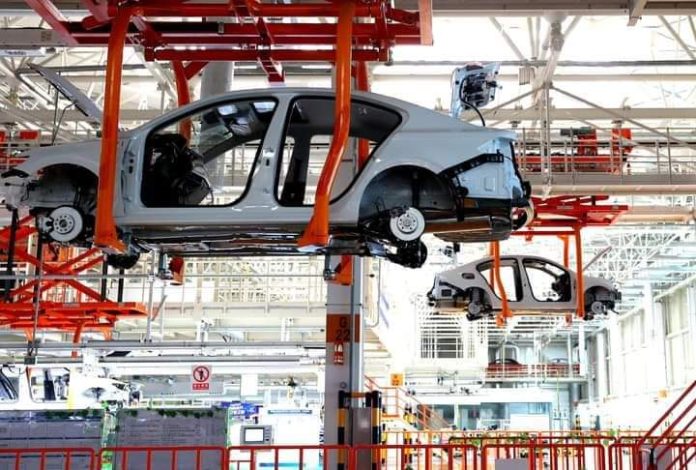The govt has unveiled the NEV Policy, aimed at transitioning 30% of vehicles in Pakistan to electric power by 2030
Federal Minister for Industries and Production, Rana Tanveer Hussain, has unveiled the New Energy Vehicle (NEV) Policy, aimed at transitioning 30% of vehicles in Pakistan to electric power by 2030. Speaking at a press conference, the minister asserted that all stakeholders were consulted in the policy-making process.
However, the Pakistan Automotive Manufacturers Association (PAMA) has voiced strong reservations, expressing concerns about the policy’s potential impact on the local auto industry.
The NEV policy includes a subsidy of PKR 50,000 for electric motorcycles and PKR 200,000 for three-wheelers (rickshaws), with a total allocation of PKR 4 billion. These subsidies will be distributed through auctions. So far, two companies have been granted licenses, while 31 more applications are under review. Among the firms being licensed is BYD, a major global EV manufacturer.
The government plans to establish a robust EV infrastructure, identifying 40 sites along the Peshawar-Karachi Motorway for EV charging stations, with a target of installing 3,000 stations by 2030. Electricity at these stations will be provided at subsidized rates, ensuring affordability.
He emphasized that the transition to EVs would significantly reduce Pakistan’s dependency on expensive fuel imports.
The policy also incorporates a reduction in the policy rate from 22% to 15%, with financing at 3% KIBOR, a cost borne by the government. Consumers will pay monthly installments of approximately PKR 9,000 over two years, an amount lower than their projected fuel savings. A Credit Loss Guarantee managed by the Finance Division ensures no financial burden on the Ministry or consumers.
Additional initiatives include offering free electric bikes or scooters to 120 high-achieving students and reducing duties on EV components to encourage local manufacturing. The government is also set to establish a New Energy Fund and a New Energy Vehicle Centre to support these measures.
PAMA’s concerns:
PAMA, in its detailed letter to the EDB, raised several issues regarding the NEV policy. It warned that the free import of CBUs at reduced duty (25%) and sales tax (10%) could significantly disrupt the local auto market. The association proposed several recommendations, including restricting CBU imports to companies with local manufacturing facilities as per SRO 656 requirements to prevent the creation of a “junkyard” of unsupported vehicles. It also called for the elimination of used car imports to avoid market share erosion, allowing only overseas Pakistanis to purchase locally produced vehicles. The association further recommended mandating that CBU importers establish local manufacturing facilities within a set timeframe to ensure long-term industry growth. PAMA also urged that duties and incentives for NEVs should align with those for Internal Combustion Engine (ICE) vehicles, with incentives phased out within five years, by 2030. It suggested adding renewable energy vehicles, such as biogas-fueled cars, to the NEV policy’s definition and maintaining policy continuity for Hybrid Electric Vehicles (HEVs) and Plug-in Hybrid Electric Vehicles (PHEVs) under the Automotive Industry Development and Export Policy (AIDEP) 2021-26.
PAMA stressed that incentives should only apply to new NEV models introduced after the policy’s announcement and that CBUs must meet WP 29 regulations, similar to locally produced vehicles. It called on the government to take a holistic approach to the policy, considering its implications for the auto industry and related policies, to safeguard an industry that contributes significantly to national revenue.
The NEV policy is currently open for stakeholder feedback. With ambitious targets of achieving a 30% EV market share and establishing 3,000 charging stations by 2030, the government aims to revolutionize Pakistan’s auto sector.
